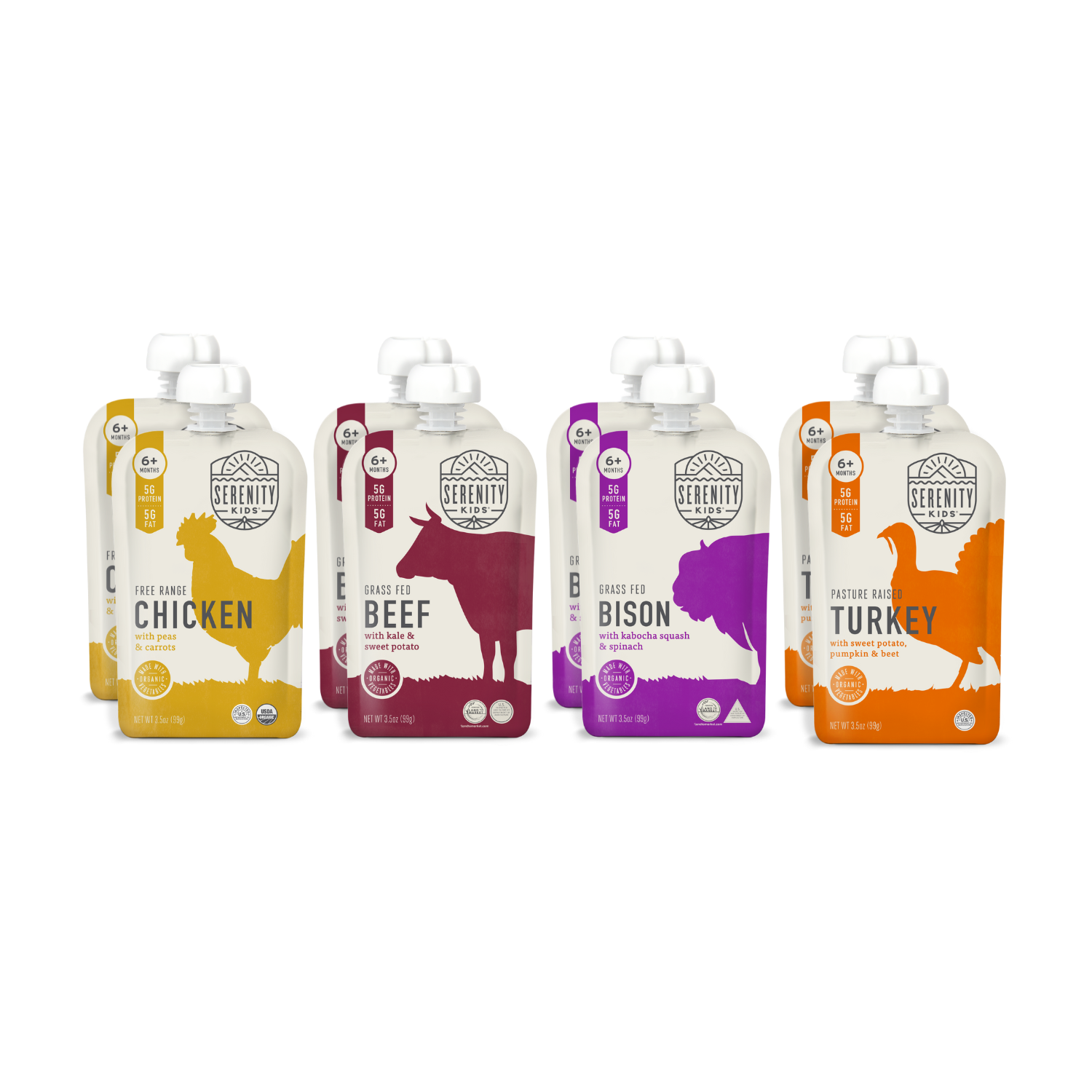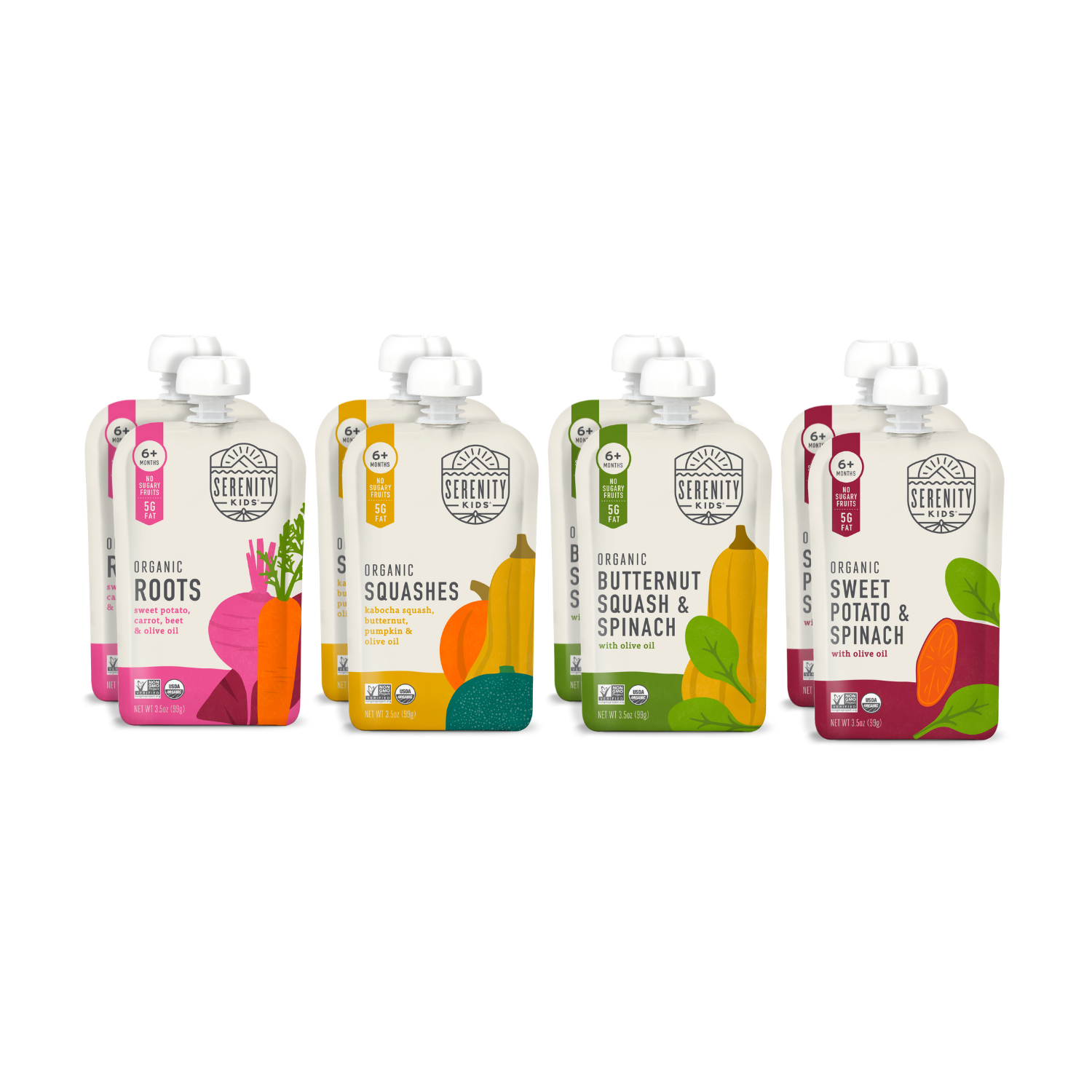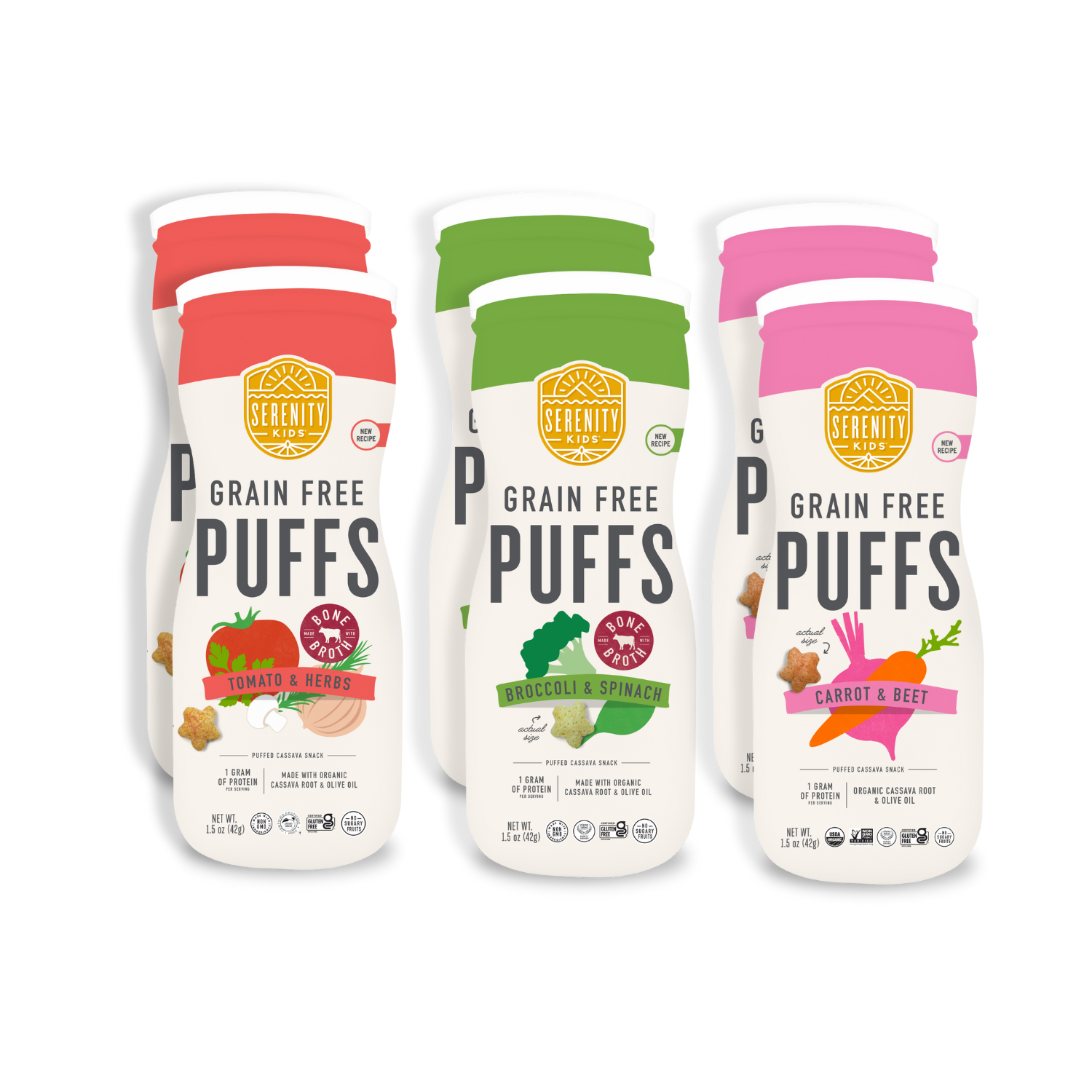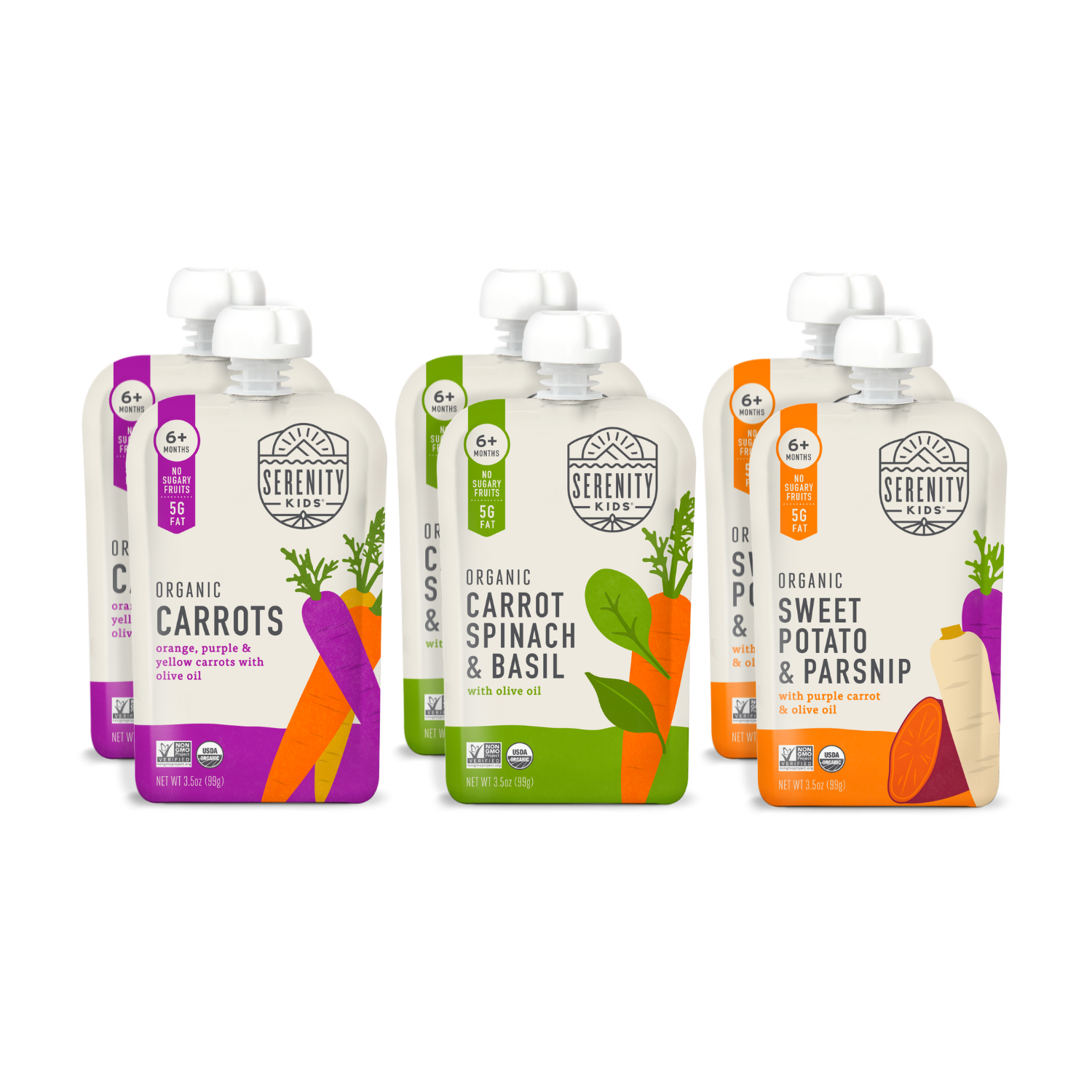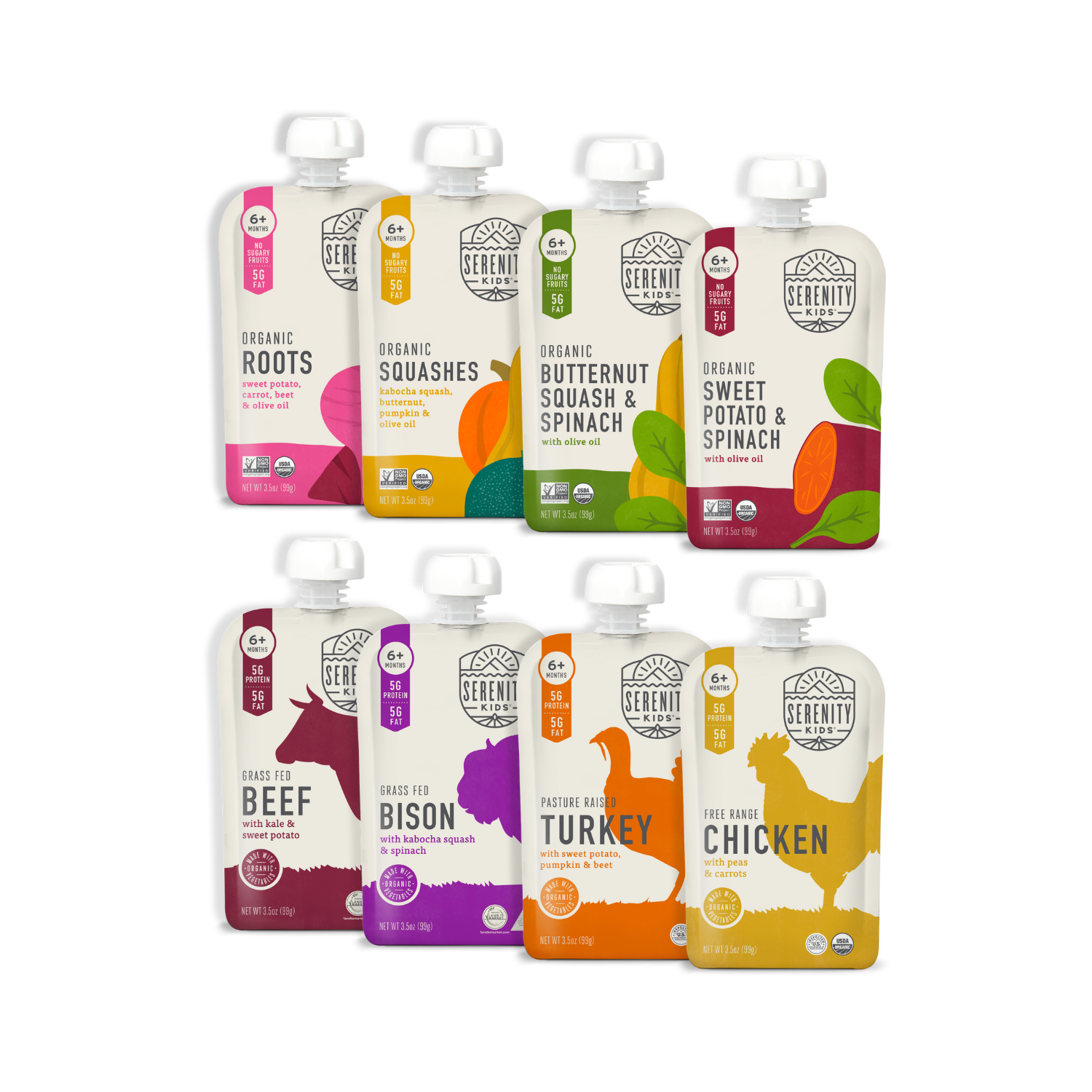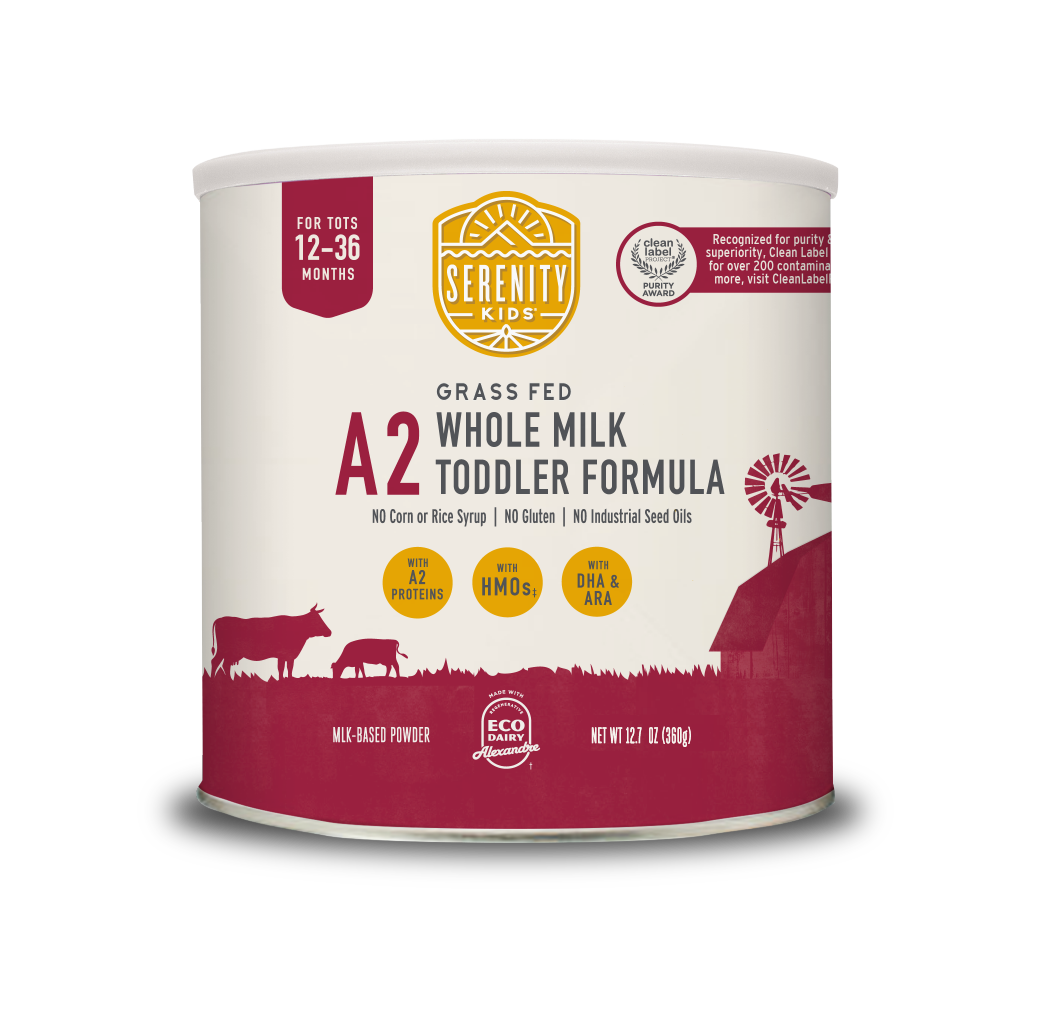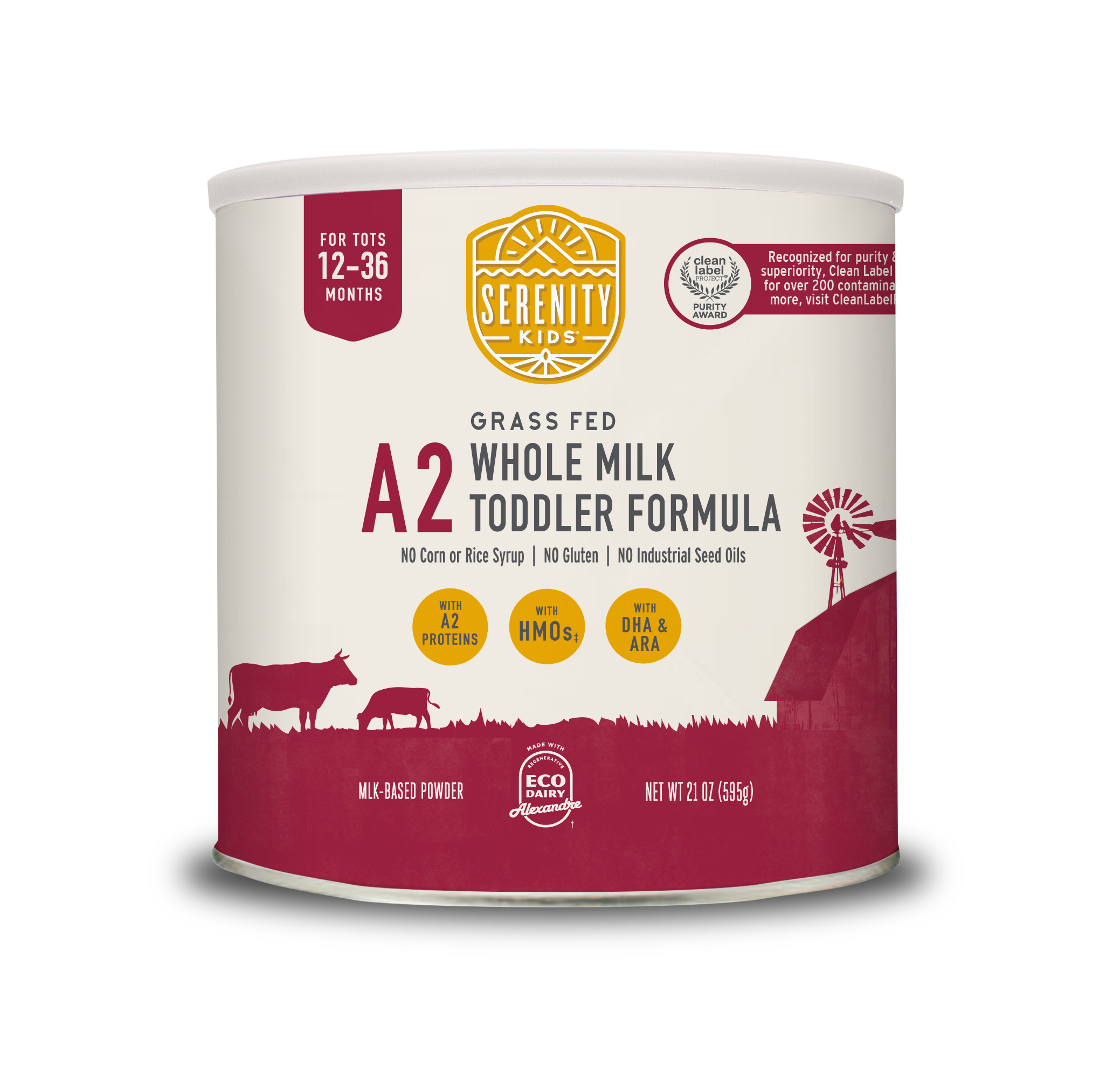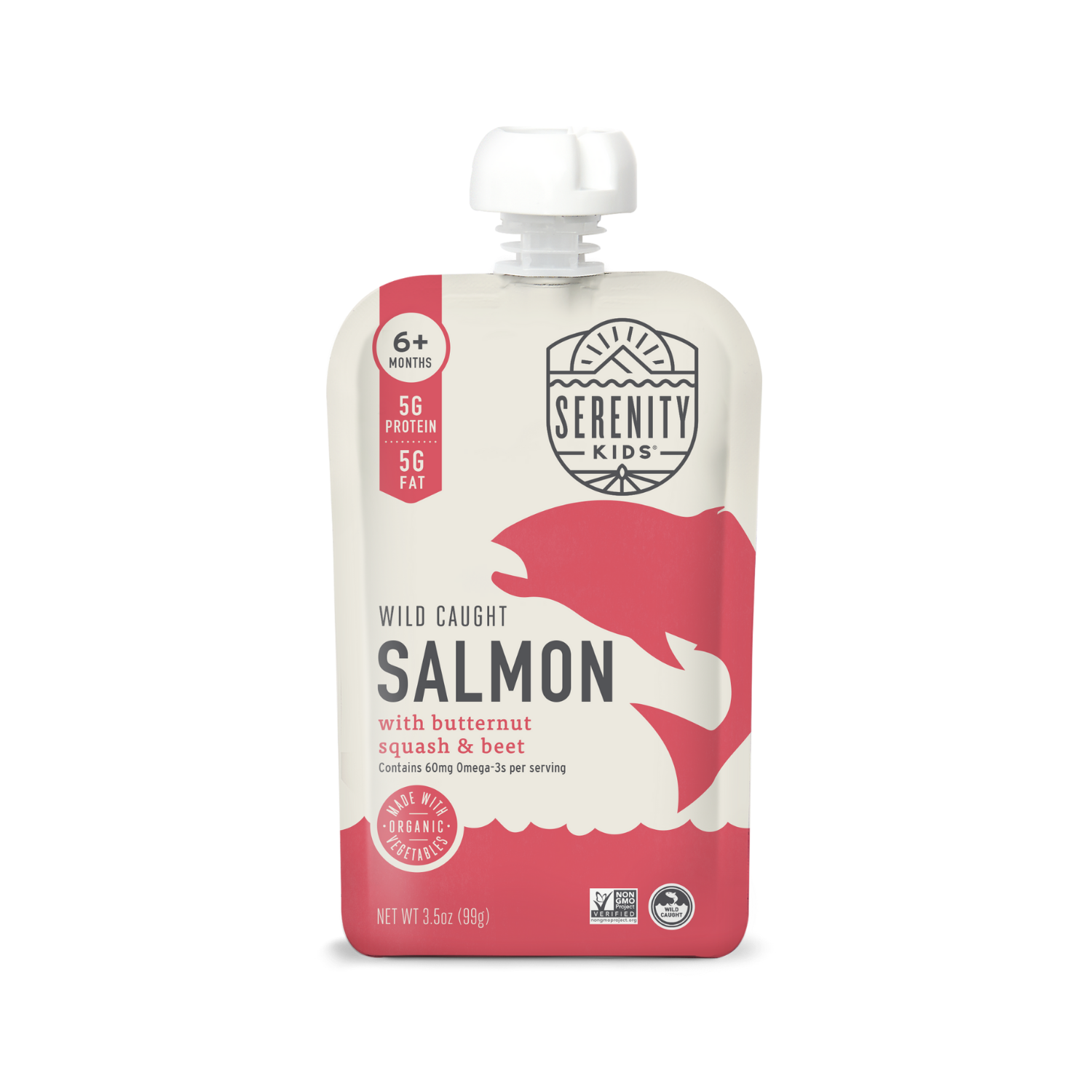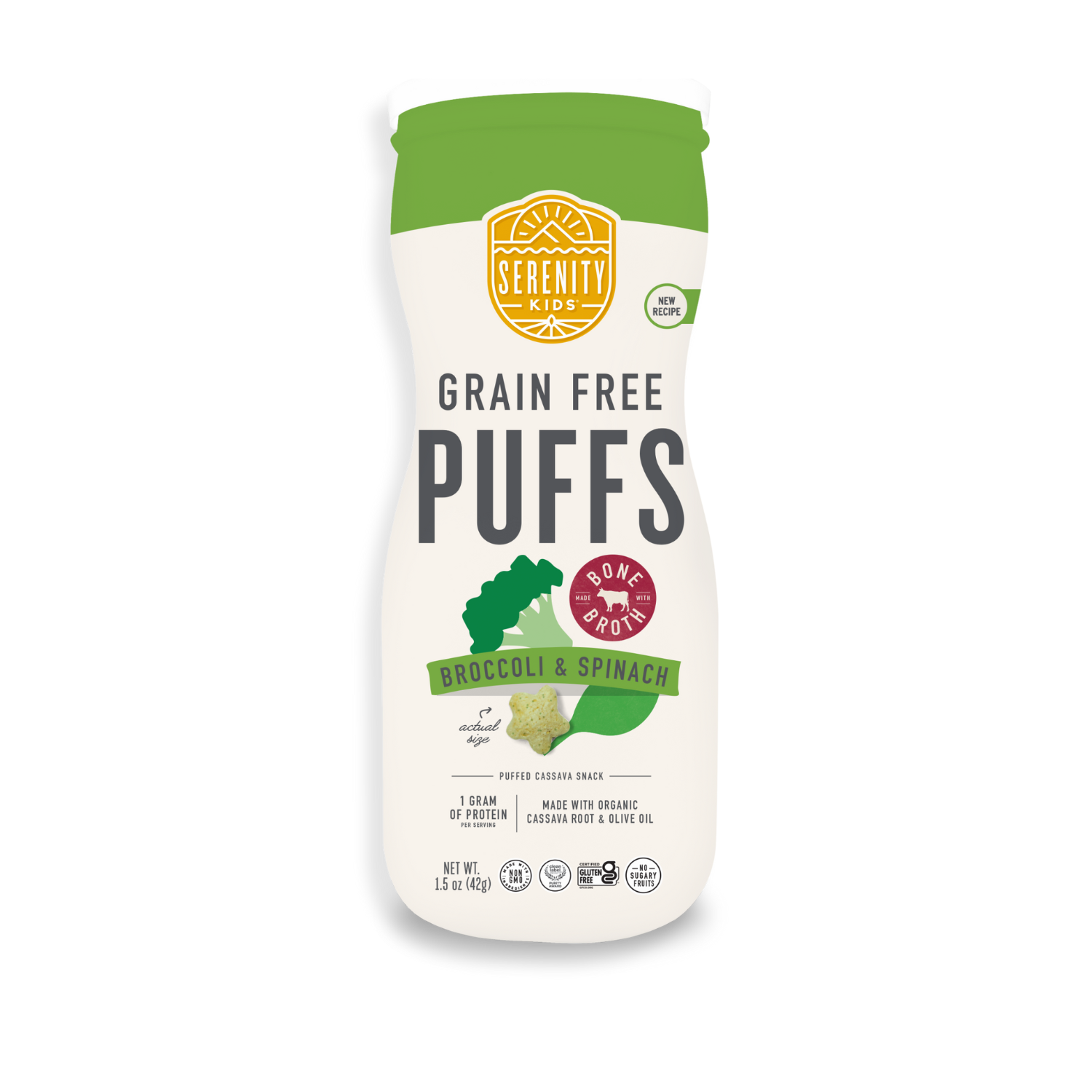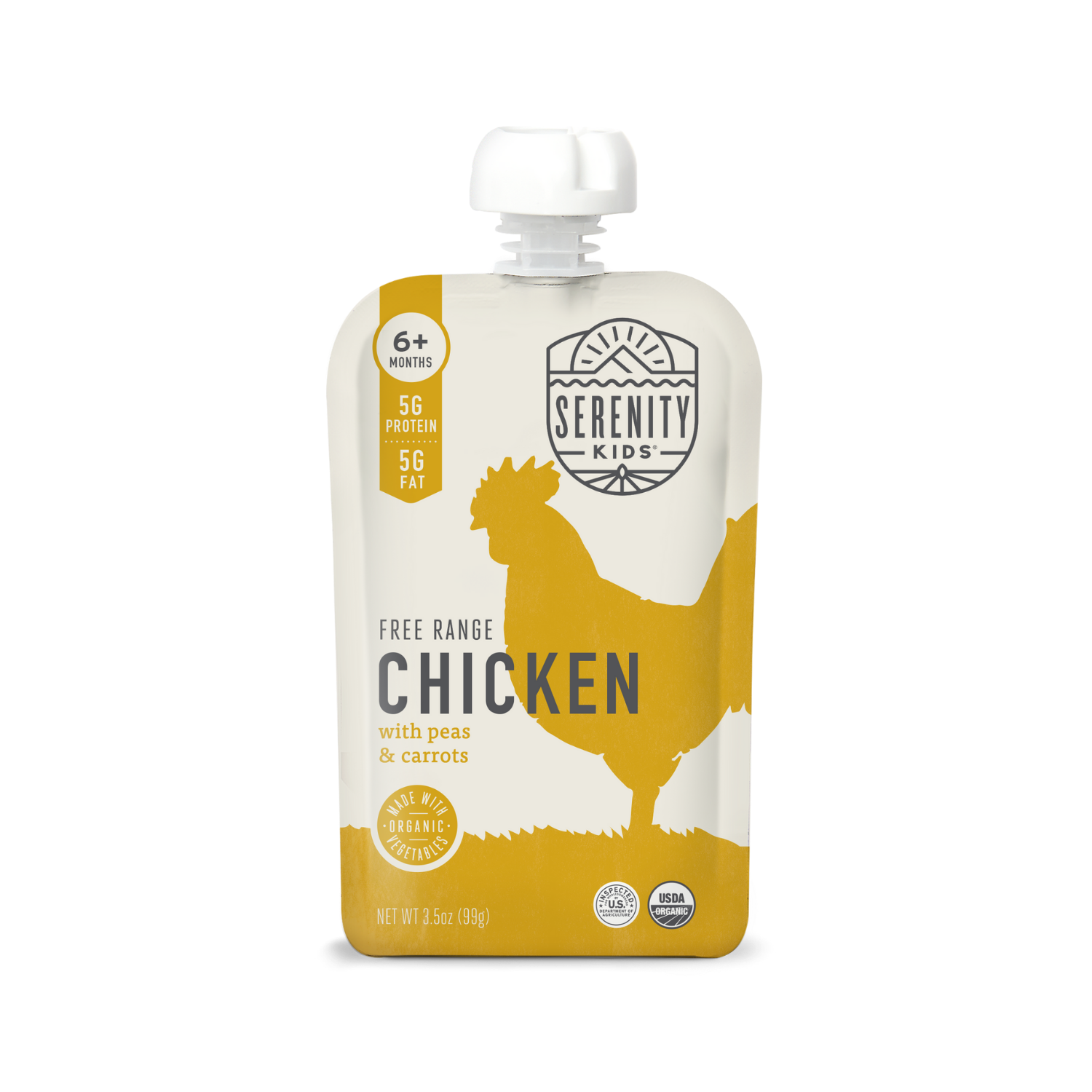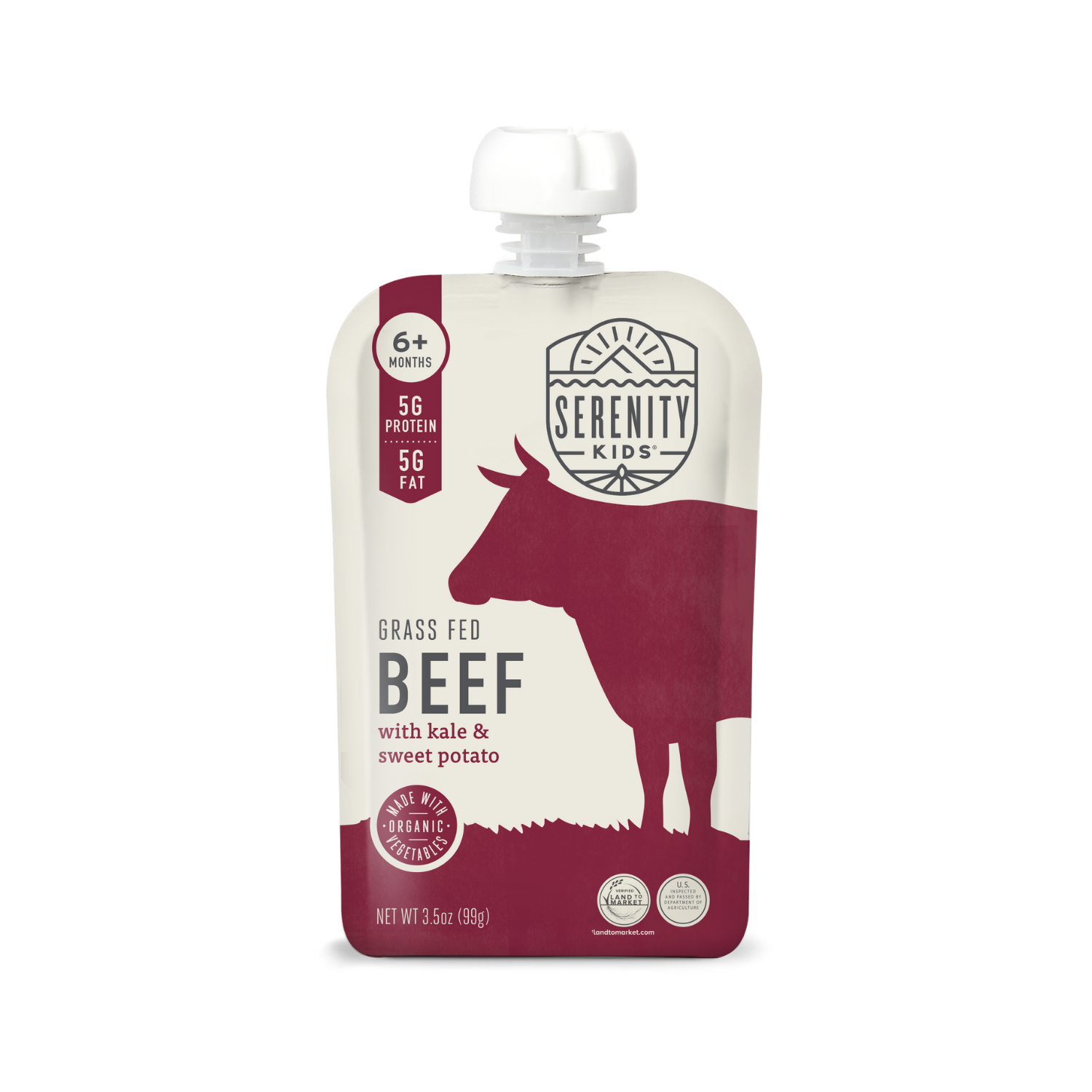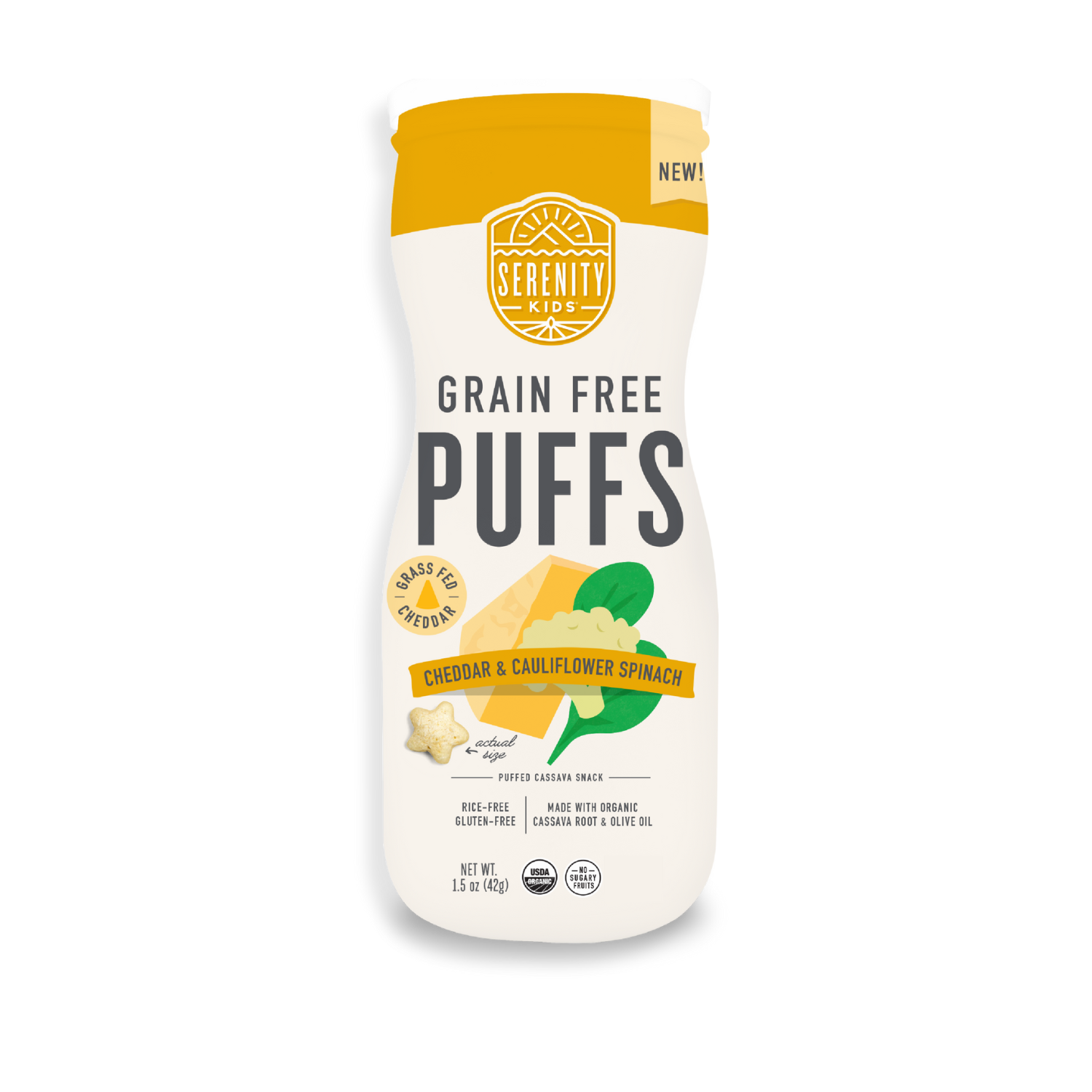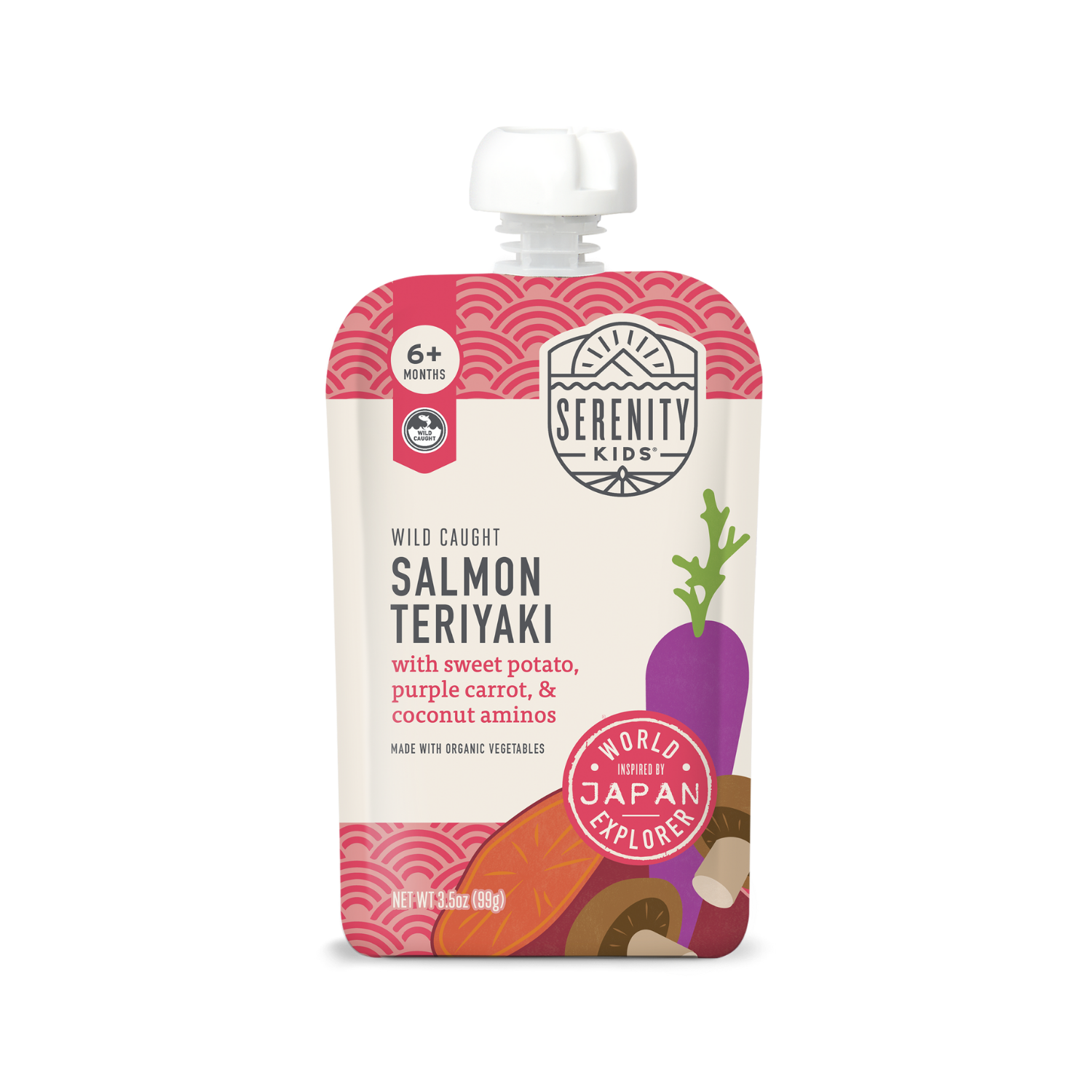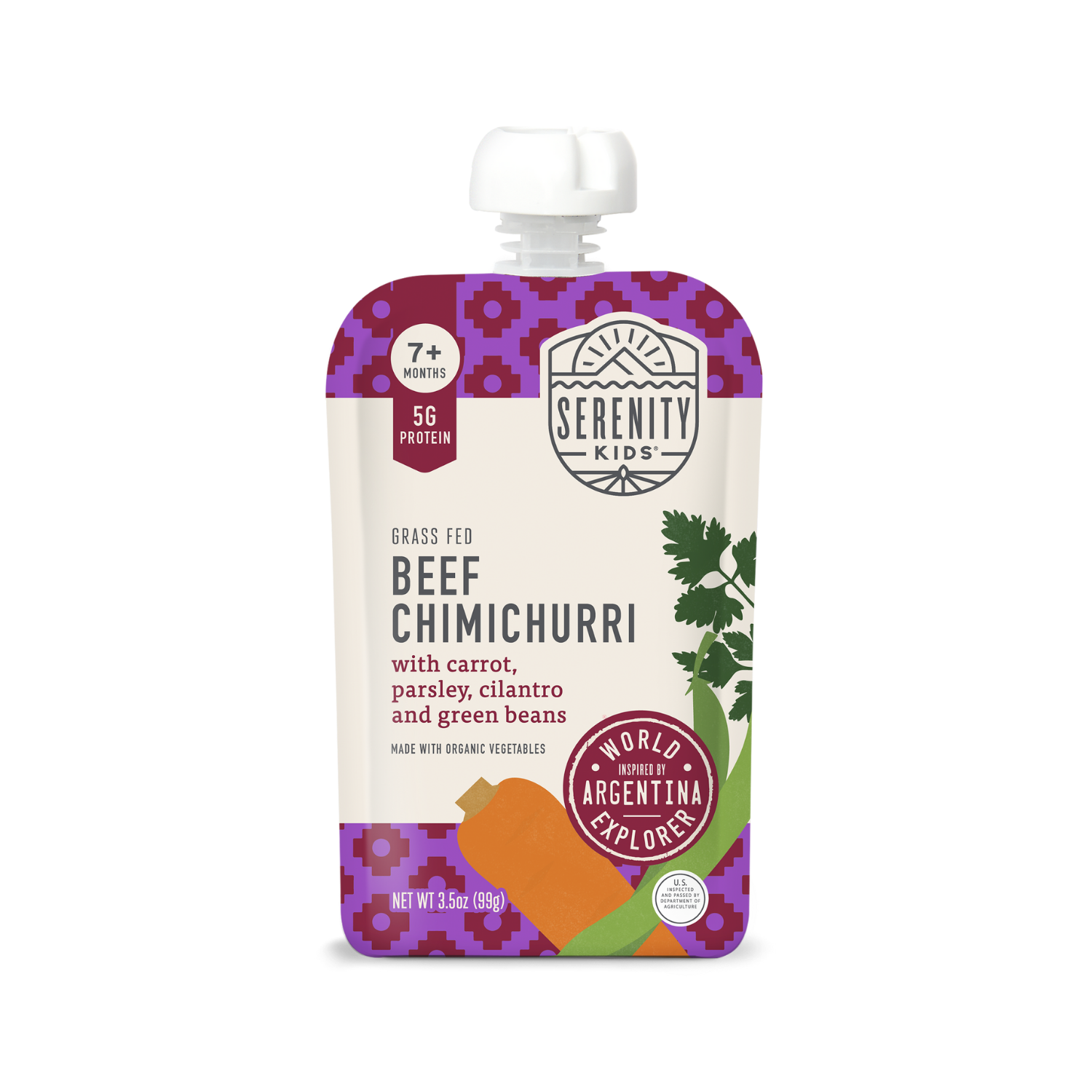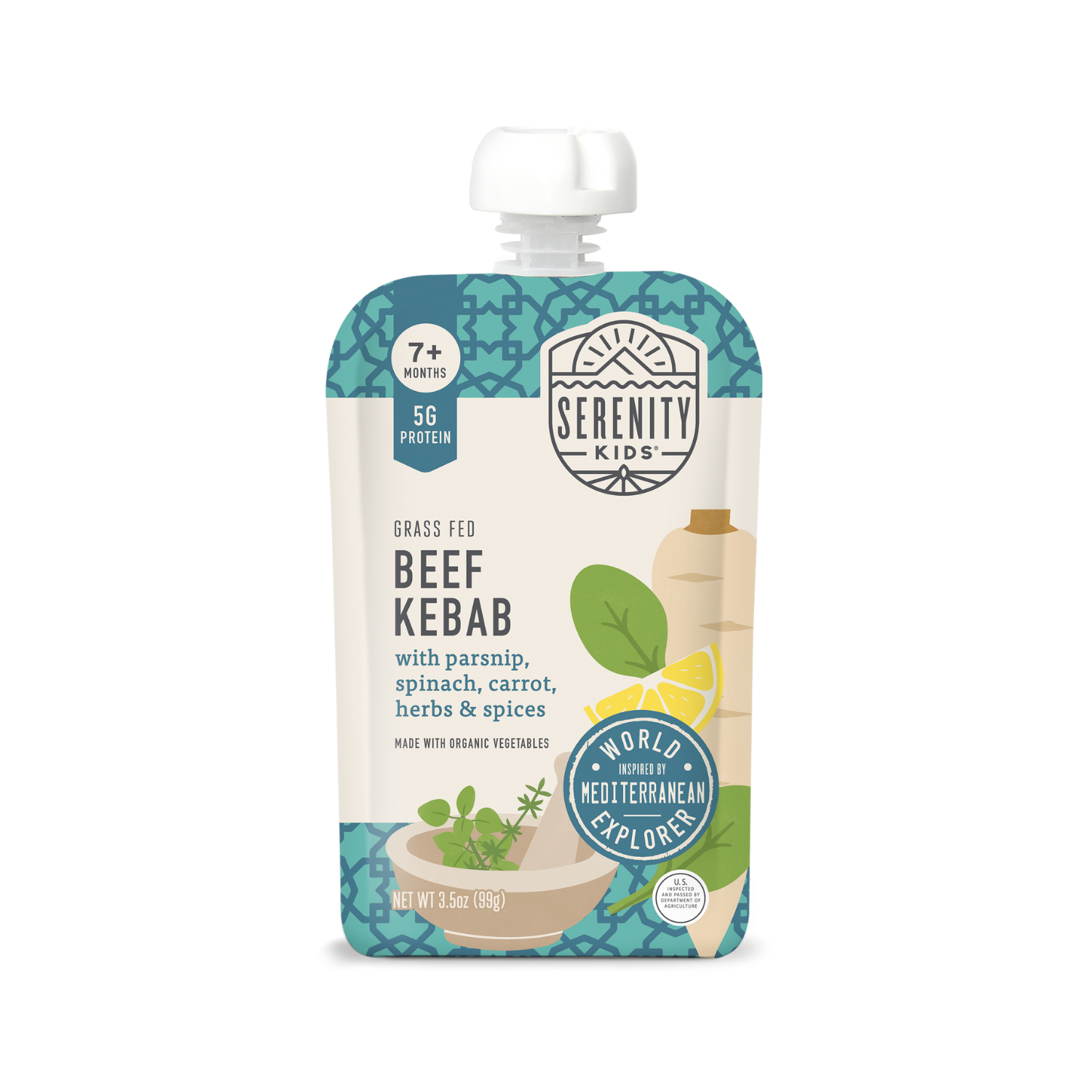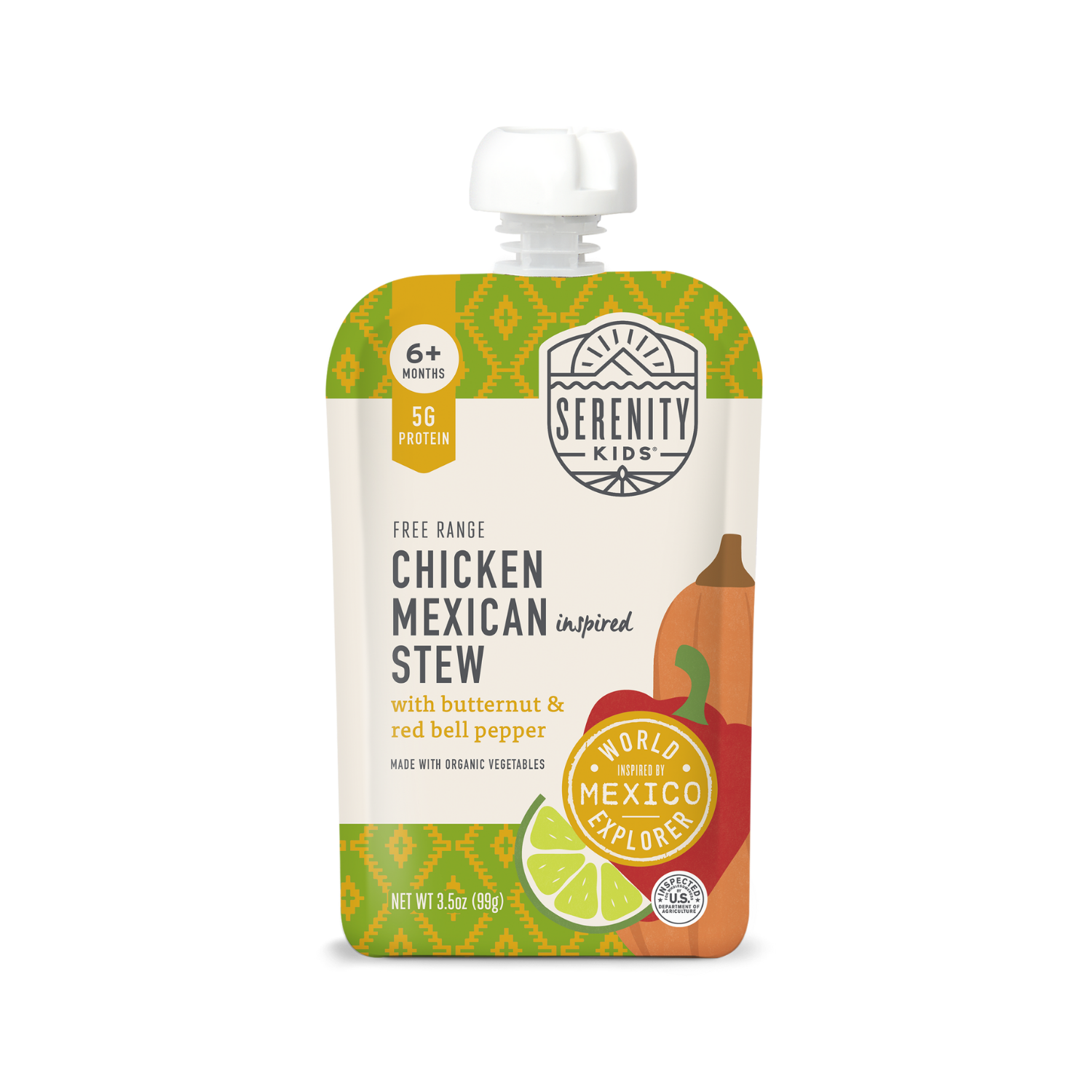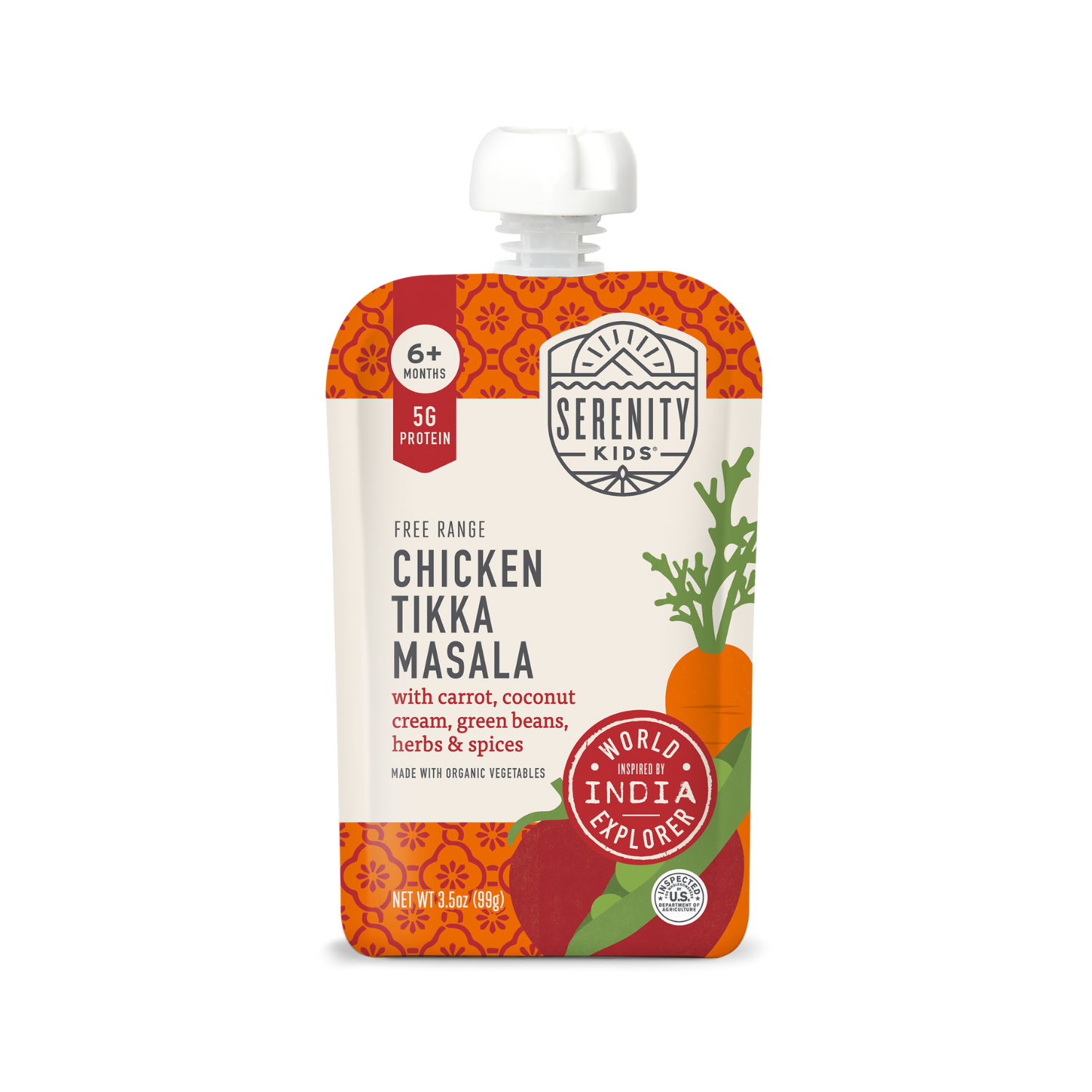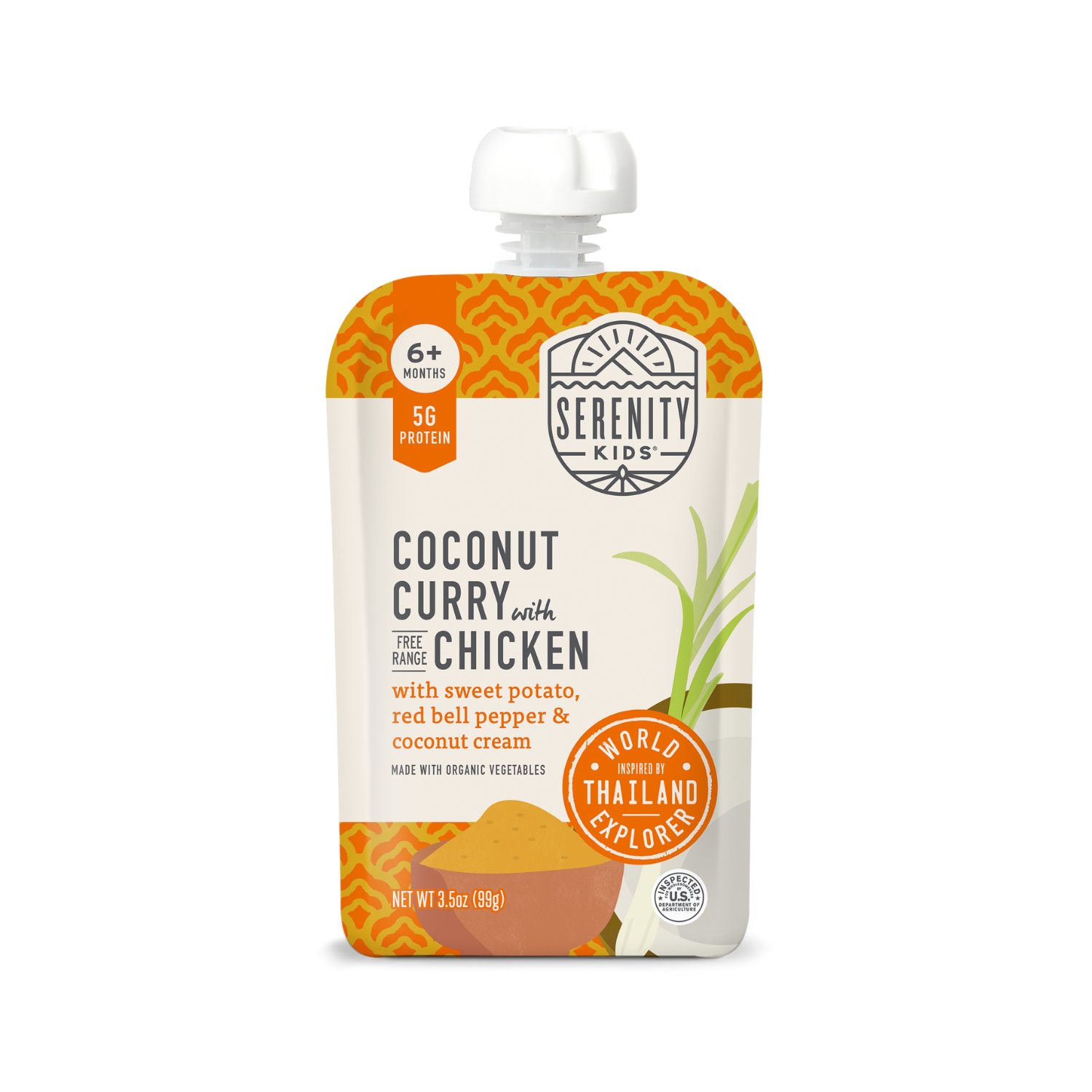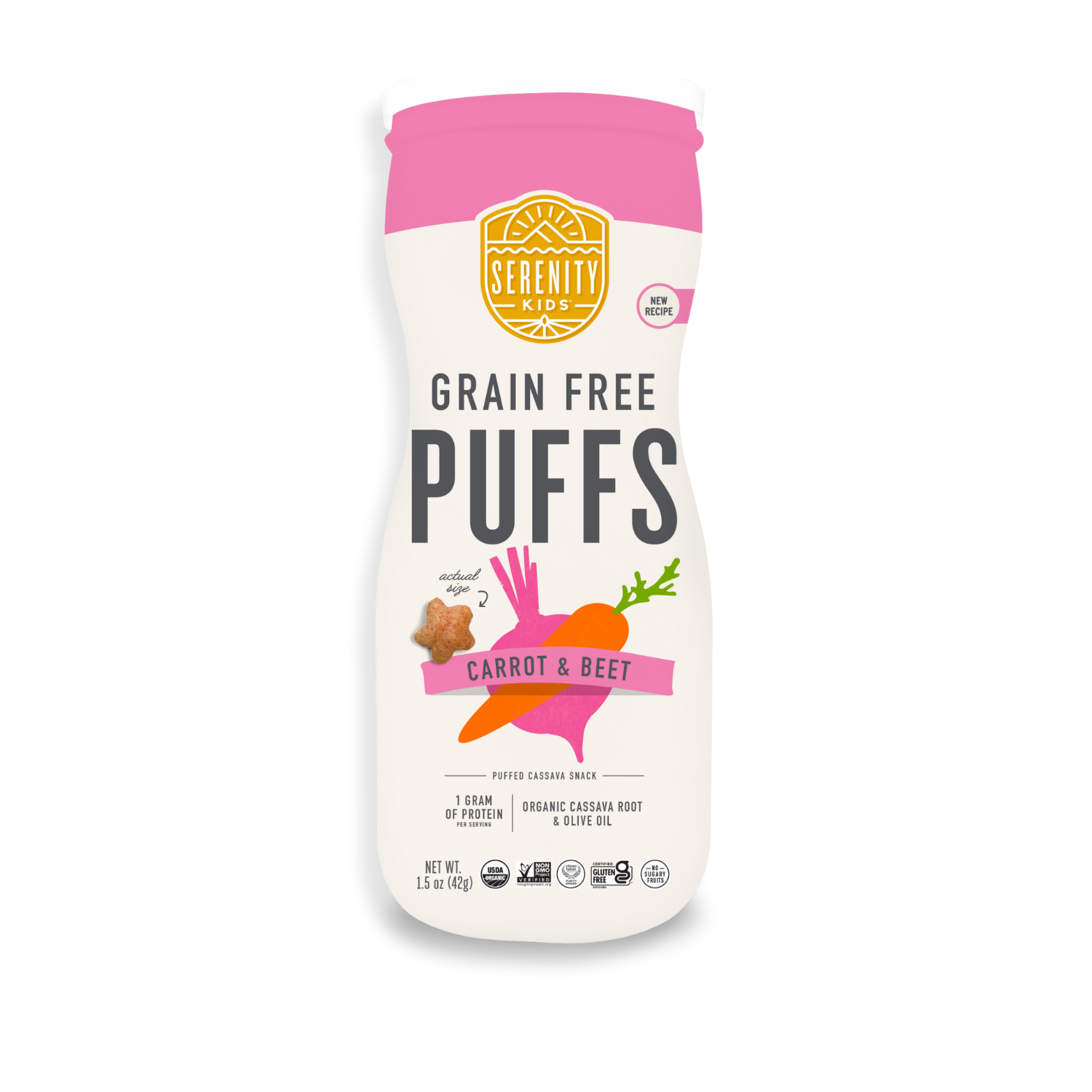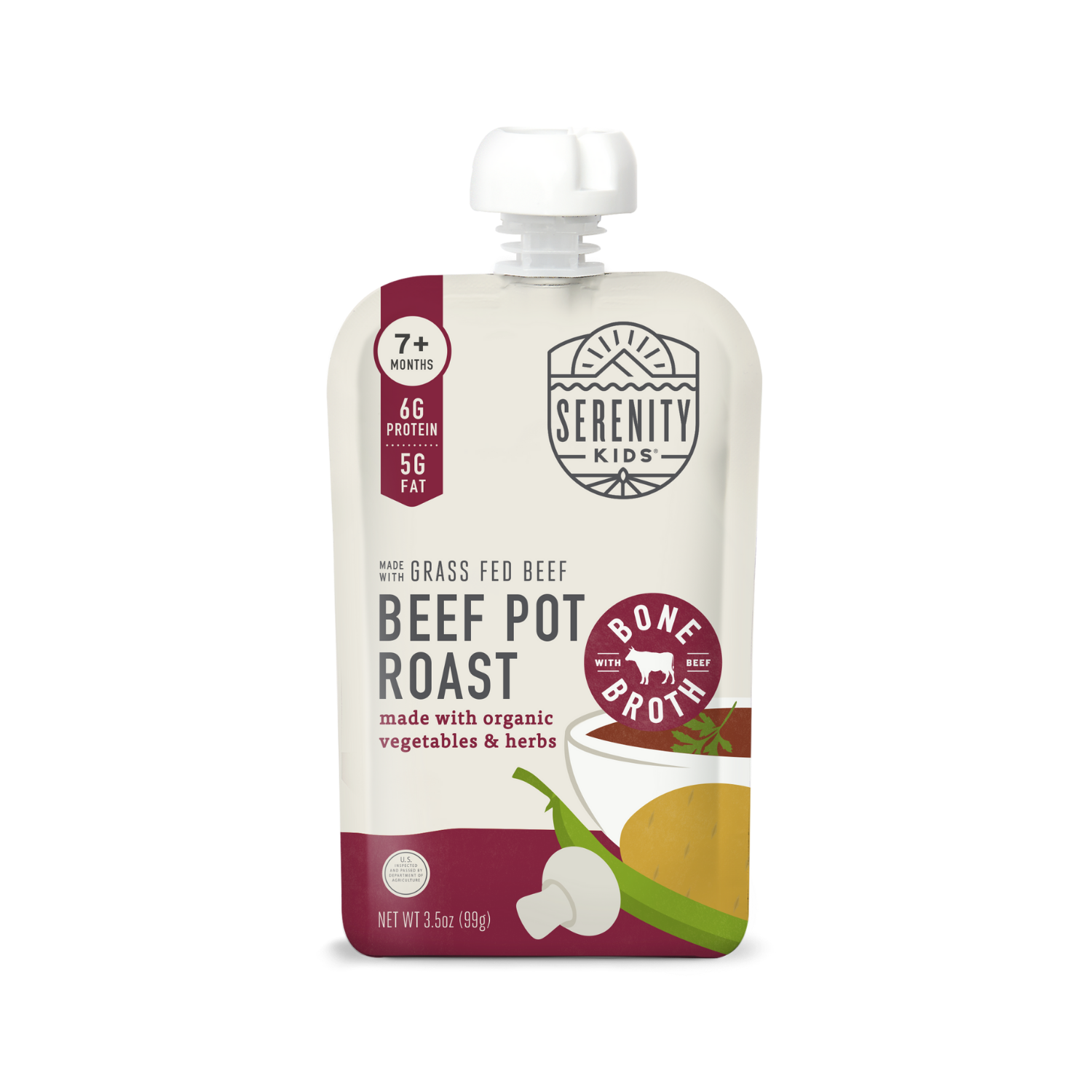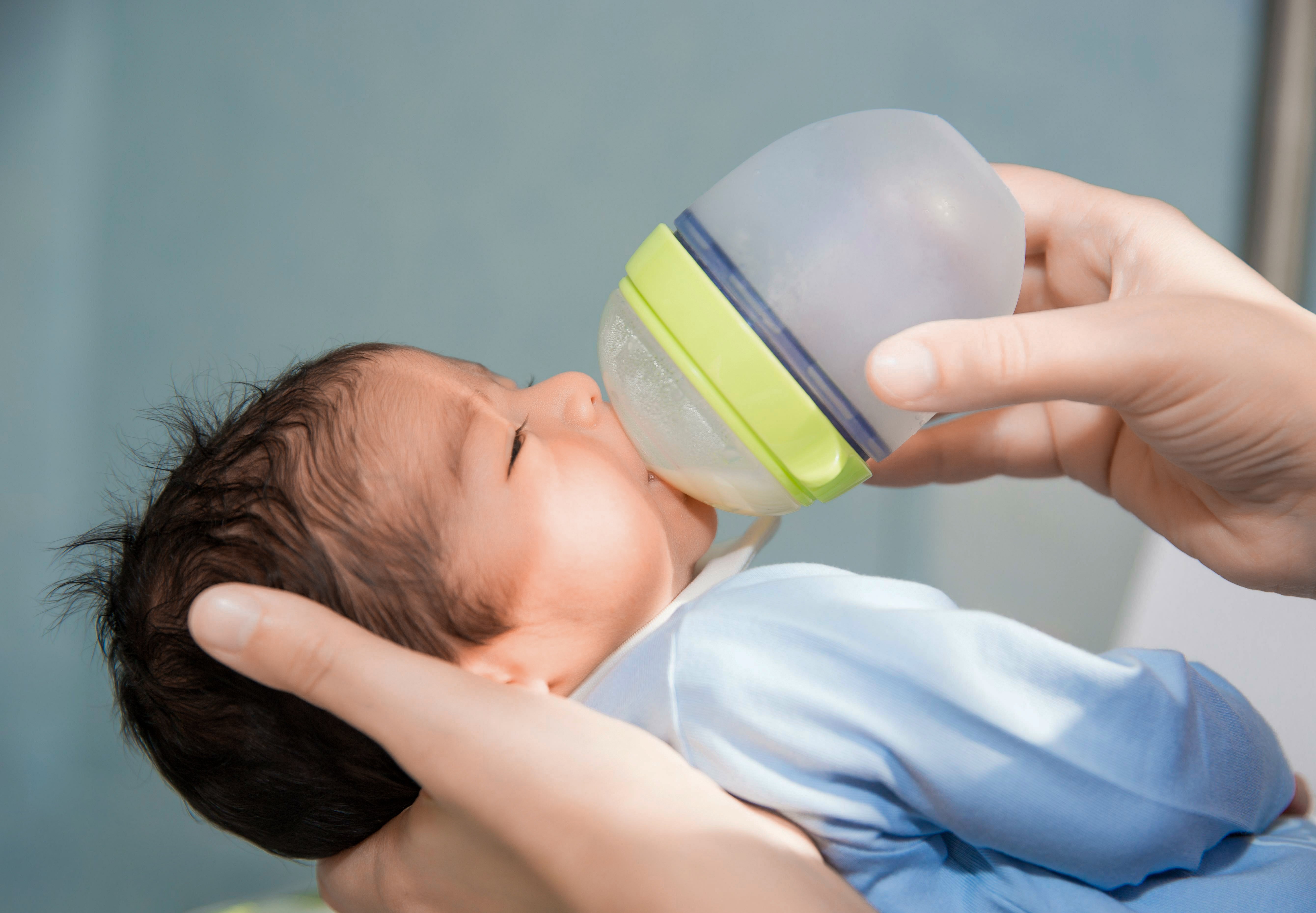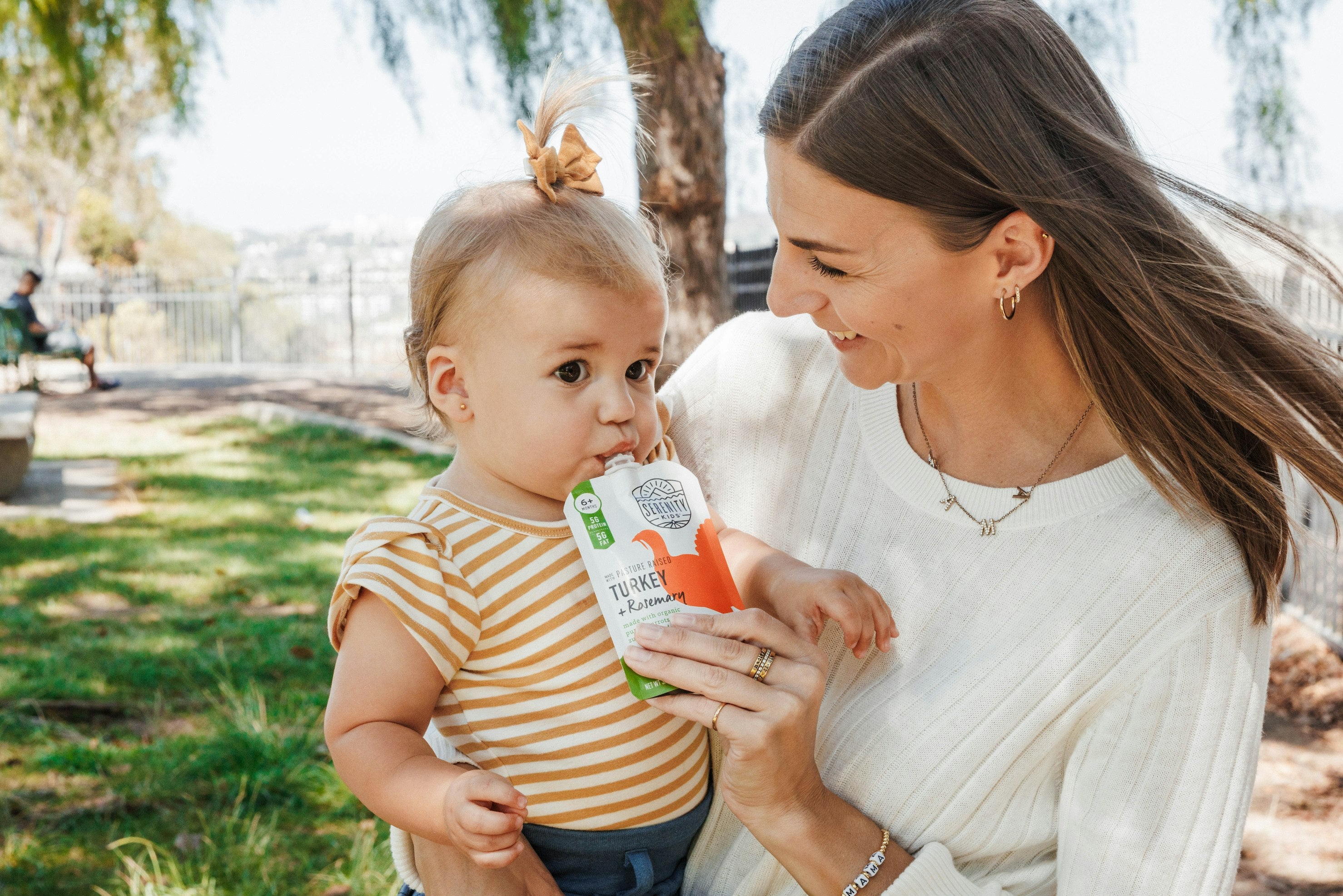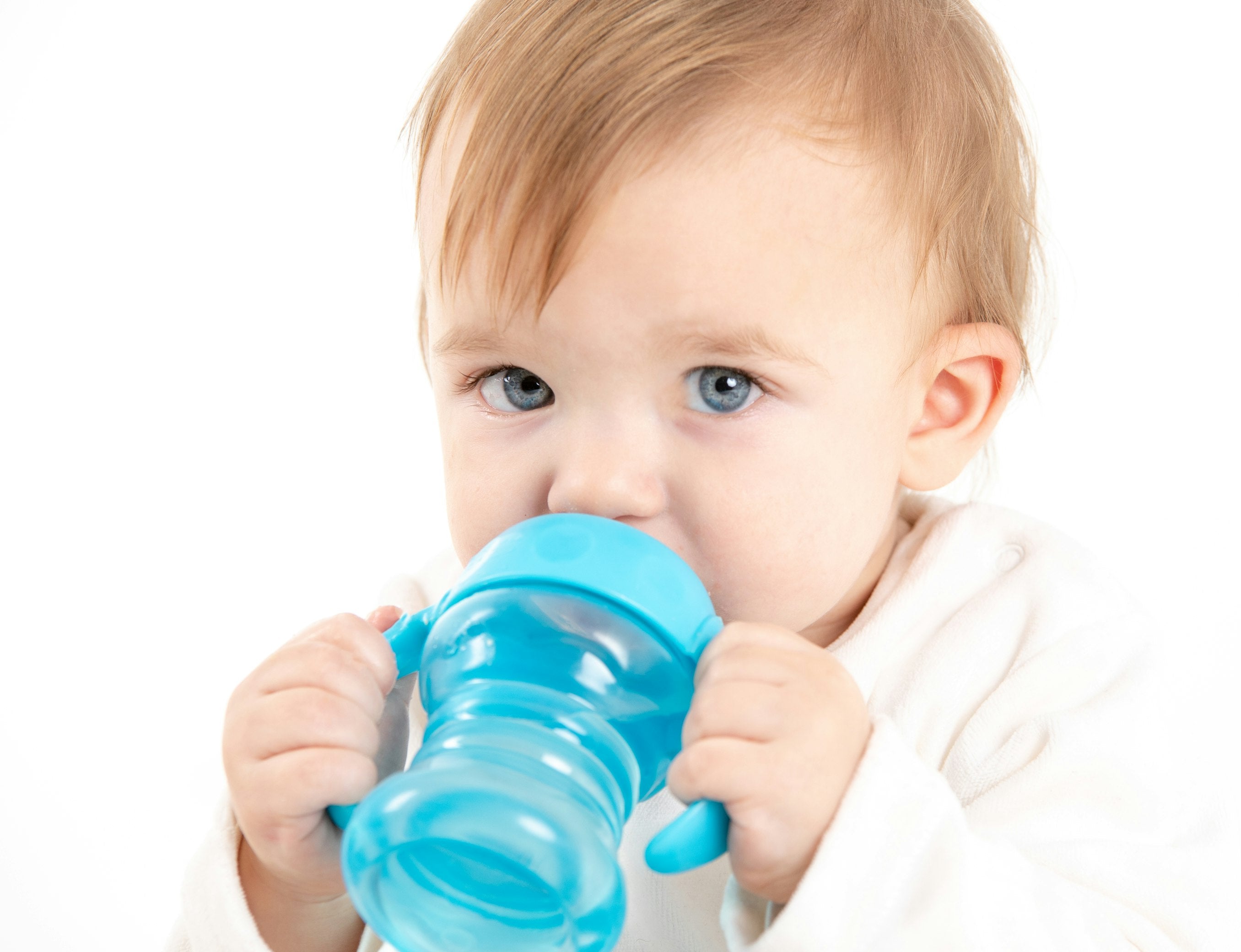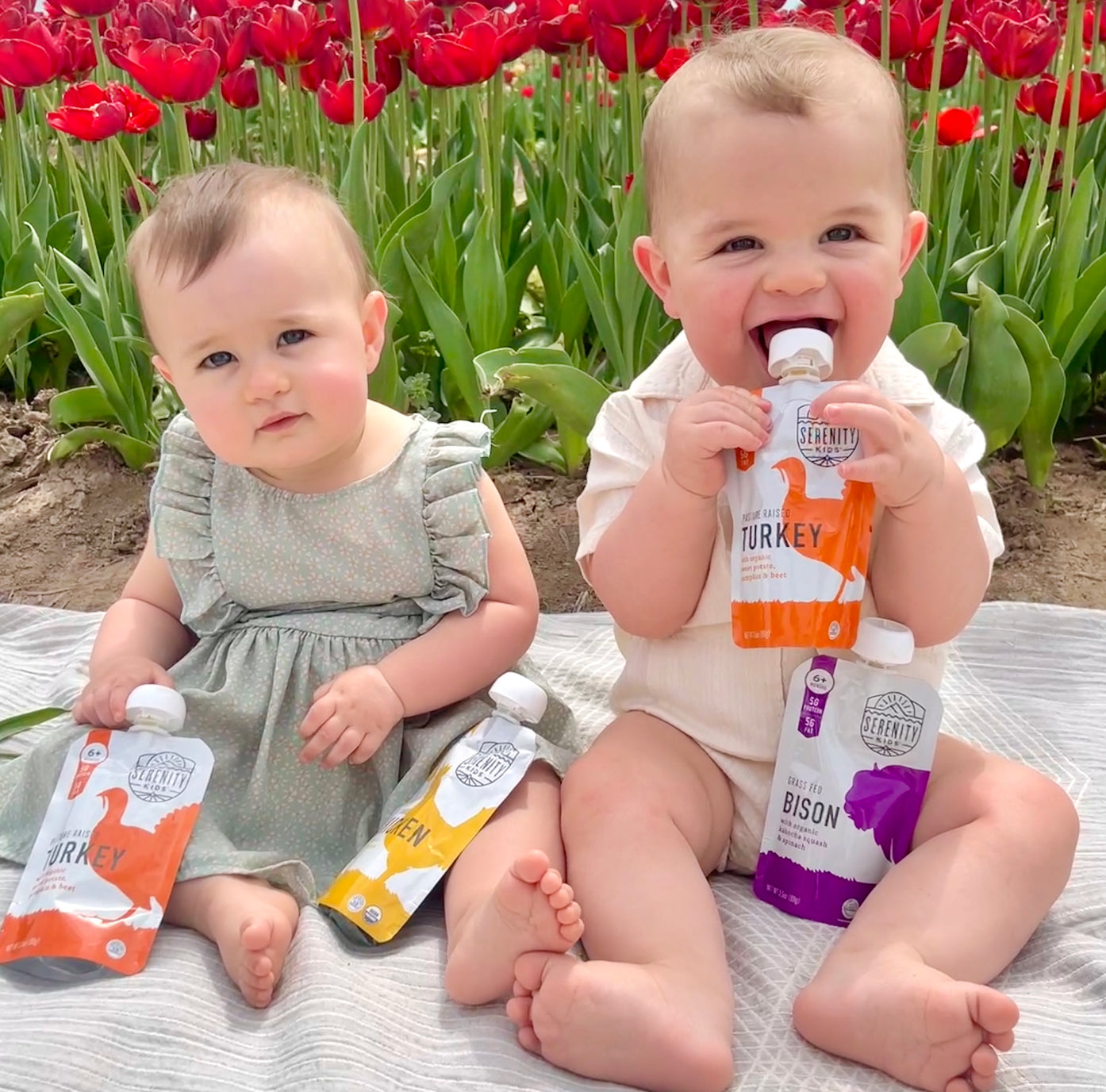Breastfeeding sucks.
There. I said it.
That’s my experience anyway.
Even though my daughter Della weaned herself 3 years ago, I still have a ton of feelings around our nursing journey. I look back on it as one of the (if not THE) hardest part about new mom life for me.
To keep from beating myself up with regrets and mom guilt, I’m transmuting that energy by telling my story. I hope to provide tips & tricks for nursing moms and those who support them.
Serenity’s Struggle with Nursing
The truth is that I wanted a home birth, not the c-section and hospital stay that I got. At the hospital, I so desperately wanted to be discharged early that I lied to the nurses about how much my daughter was nursing. She was barely nursing at all. I thought I’d just manage to figure it all out once I was back home in my safe cocoon and supported by our amazing midwife.
Because I had gone to a bunch of La Leche League meetings before she was born, I knew to watch out for lip or tongue ties. So mere hours after she was born, I took a picture of her lip tie. After some googling, I found out that she had a stage 4 lip tie- the most severe stage.
What I didn’t realize was how much that would affect her ability to latch. Our midwife recommended waiting to get the lip tie revised until after she was at least 6 weeks old because surgery is hard for newborns. However, if I could do it all over, I would have scheduled it immediately.
The next 5 months were sheer nursing hell. I had to use a nipple shield all the time and was still in so much nipple pain that I hated nursing, which tanked my supply.
Finally! Post-frenectomy success!
I got distracted by getting ultrasounds for her hips (she was Frank breech), dealing with health insurance, and the holiday season, so she didn’t get a frenectomy until 6 months. I’ll never forget nursing her right afterwards and took a picture of us peacefully nursing without a nipple shield and totally pain free! It was glorious!
Sadly, my milk supply had already tanked due to all the issues, so we only had a few months until she weaned herself completely.
So! I have made it my personal mission to spread the word about lip or tongue ties for newborns to raise awareness and promote better nursing relationships.
What are lip and tongue tie and why do they happen?
Tongue tie and lip tie involves the lingual frenulum, the small band of tissue that extends from the floor of the mouth to the bottom of the tongue, and also behind the child's upper lip. When these membranes of the upper lip and floor of the mouth are too short or too thick, movement is restricted and the conditions known as tongue and lip ties arise. There are a number of different types of baby's tongue and lip ties and they can be tough to identify. This guide is a helpful start if you’re curious!
Tongue tie and lip tie develop in the womb when an embryo is developing. Some research suggests that tongue tie and lip tie may be genetic.
How common are lip or tongue tie?
We don’t know for sure how common lip and tongue ties are, as cases aren’t reliably reported. However, some evidence suggests a tongue tie occurs at 3 percent to 5 percent, with a range of 0.1 percent to 10 percent, depending on the criteria used to evaluate the upper lip frenulum.
Many healthcare providers believe the lip and tongue tie numbers are actually much higher, as they don’t account for many cases that go undiagnosed or untreated. Not much data exists on the prevalence of lip ties, but we know that they are less common than tongue ties. It’s also important to know that a baby can have both a tongue tie and a lip tie.
How can you identify them?
Your child’s tongue or general healthcare provider may formally diagnose a tongue tie or lip tie. However, not all providers are well versed in all of the different types of ties of tongue and lip. It’s a complex space, so you may prefer to seek out a tongue tie specialist. The International Affiliation of Tongue Tie Professionals (IATP) has a directory of providers with a particular interest in the effective management of tongue tie and lip tie. The group is composed of Medical Doctors, Dentists, Chiropractors, Osteopaths, International Board Certified Lactation Consultants (IBCLCs), Speech-Language Pathologists, Myofunctional Therapists, and more.
Remember, mama instinct is worth its weight in gold, and oftentimes mama knows something is up with the baby's tongue and lip before a doctor even has a look. Challenges in breastfeeding, or an evaluation by a lactation consultant may be the first indication of a lip or tongue tie.
That said, first time mamas don’t always know that something isn’t right - after all, we don’t have anything to compare our experience to! As mamas, we hear that newborns are tough and breastfeeding is hard. So sometimes we think that the “hard” we are experiencing is normal. If you aren’t sure - ask! There is no need to wonder or suffer, you and your baby deserve support.
How do lip or tongue tie affect breastfeeding?
Tongue ties and lip ties can majorly impact breastfeeding. In fact, these issues can actually be the first sign that a tongue tie or lip tie exists. Symptoms of a tongue tie or lip tie that manifest as breastfeeding issues include the following:
- nipple pain or cracked nipples
- low milk production supply
- trouble staying latched
- making a clicking sound when breastfeeding
- falling asleep often during nursing
- becoming extremely fatigued by nursing
- taking an extremely long time to nurse
- poor milk transfer from mama to baby
These issues tend to compound on one another. If baby is struggling to nurse, they have difficulty transferring milk, which can make it hard for them to gain weight, and can also make it hard for mama to establish or maintain her milk supply.
Can you fix them?
Yes! Tongue ties and lip ties can be treated with a simple outpatient procedure, but not all cases are treated. Whether or not to treat comes down to how much the condition is affecting the quality of life of mama and baby, most notably, their breastfeeding relationship.
How Does the Surgery Work or How Is A Lip or Tongue Tie Treated?
The procedure to treat a tongue tie or lip tie is called a frenotomy or frenectomy. The simple procedure takes just a few minutes and involves a laser cut to release the lingual frenulum. There is typically just some light bleeding, and the worst part of the whole process is the stretches that you need to perform for a few weeks following the procedure. These stretches prevent the tissue from regrowing too tightly during healing. Not shocking that babies aren’t big fans of their mouth tissue being physically stretched out by a caregiver’s finger.
The good news is that these simple procedures work well! A 2016 study found that surgical release of tongue tie or lip tie resulted in improvements in maternal and infant breastfeeding outcomes. And these improvements were seen quickly - as early as 1 week post-procedure, with continued improvement over the following several weeks.
If a tongue tie or lip tie isn’t addressed when baby is young, they may experience challenges later in life. Babies with untreated tongue tie or lip tie can go on to have difficulty eating from a spoon or eating finger foods, and may struggle with speech difficulties when older. Of course, the term “severe” is subjective, so always check with your healthcare provider to evaluate what makes most sense for your tongue tip and lip tie case!
If You Think Your Baby Might Have A Lip and Tongue Tie
Not every community has a pediatric dental specialist who has the laser and training to perform the revisions. You can find tongue tie specialist or providers by searching the IATP Tongue Tie Professionals database, and by asking other members of your community who they have worked with. For example, you can join the Tongue Tie Babies Facebook Group and connect with other families for provider references in your area. When interviewing providers, make sure to ask whether they treat newborns for lip and tongue tie, as this is a specialty procedure.
Like I said before, I wish I had done it sooner! For the benefit of me and of Della. I truly believe it would have made our nursing journey much more successful and kept my postpartum anxiety at a more manageable level.
PLEASE Share the Love
Anything that supports the mental health of mamas and the growth of their babies is worth shouting from the rooftops! So please! I beg you to share this information with mamas who are struggling with nursing. It might make a HUGE difference!
Check also our other blogs regarding baby health - Soil Microbiome and Gut, Sugar Bugs on Teeth, and Why Do Babies Fight Sleep.



